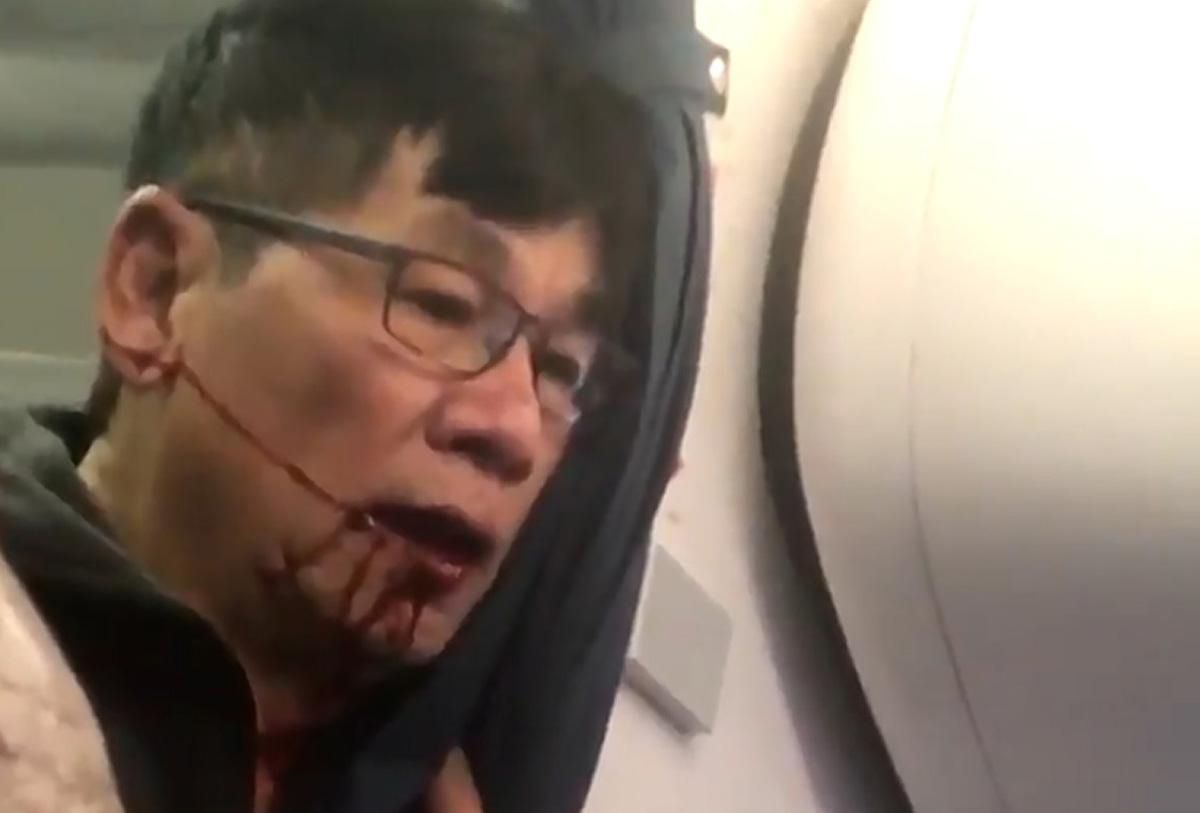On January 13, 2021, the United States Department of Transportation (USDOT or DOT) issued final rule increasing the compensation for involuntarily denied boarding (bumping) and mishandled baggage. The rule takes effect on April 13, 2021. Adjusting the amount of such compensation is legally required every two years to account for changes in the consumer price index. The final rule clarifies that airlines may voluntarily offer compensation in excess of these amounts.
The DOT rule also makes subject to DOT enforcement previous legal requirement pertaining to involuntarily removing passengers from a flight. This relates back to the infamous 2017 incident on United airlines with Dr. David Dao.
Adjusted Compensation Amounts
Passengers traveling between points within the United States (including territories and possession) or from the United States to a foreign point who are denied boarding involuntarily from an oversold flight are entitled to compensation depending on the length of the expected delay in arriving at the airport of the passenger’s destination or first stopover. The stated amounts are not intended to prevent airlines from offering higher payments.
Domestic Transportation
| 0 to 1 hour arrival delay | No compensation. |
| 1 to 2 hour arrival delay | 200% of one-way fare (carriers may limit this amount to $775 if it is higher than $775). |
| Over 2 hours arrival delay | 400% of one-way fare (carriers may limit this amount to $1,550 if it is higher than $1,550). |
International Transportation
| 0 to 1 hour arrival delay | No compensation. |
| 1 to 4 hour arrival delay | 200% of one-way fare (carriers may limit this amount to $775 if it is higher than $775). |
| Over 4 hours arrival delay | 400% of one-way fare (carriers may limit this amount to $1,550 if it is higher than 1,550). |
The current compensation is $675 or $1,350. The required compensation for involuntary denied boarding is in cash. Vouchers or credits don’t cut it. No compensation is legally required when an airline swaps an aircraft for a smaller plane, or when the bump is due to weight and balance issues on an aircraft with 60 or fewer seats.

Mishandled Baggage
The final rule raises the liability limit U.S. carriers may impose for mishandled baggage in domestic air transportation from the current amount of $3,500 to $3,800. Again, airlines can pay more than the legal limit.
Under the Montreal Convention, the limit on liability for lost luggage on international flights is 1131 Special Drawing Rights (about $1,583). In spite of that limit on January 12, 2021, a Nigerian businessman won a judgement for $1.63 million in a Federal High Court in Lagos, Nigeria to compensate for cash he lost on an Emirates flight to China in 2007. That result sounds strange. Emirates may want to appeal and change lawyers.
Passengers Cannot Be Involuntarily Removed After Boarding
Some may remember the incident involving Dr. David Dao, a Vietnamese-American passenger, who was injured while being forcibly removed from a fully boarded, sold out flight. On April 9, 2017, United wanted to bump four passengers on United Express Flight 3411 from Chicago, IL to Louisville, Kentucky. The goal was to make room for four United employees who unexpectedly showed up after boarding. The airline offered compensation of $400 in flight vouchers then doubled it, but there were no takers, probably because it was the last flight of the day.
Four passengers were selected to be involuntarily bumped. Three complied, but the fourth, Dr. Dao refused, saying he had to be at work at the hospital the next day.
United called airport security, Dao was yanked out of his seat, screaming. Dao’s face hit an armrest during the struggle. He was dragged with a bloody mouth, down the aisle and off the plane. Passengers filmed the spectacle on their phones and the images. The outrage and the images quickly went viral.

In response Congress passed the Transparency Improvements and Compensation to Keep Every Ticketholder Safe Act of 2018 (TICKETS Act). Subject to certain safety, security or health exceptions, the TICKETS Act prohibits airlines from denying boarding to a revenue passenger traveling on a confirmed reservation or involuntarily removing that passenger from a flight, if the passenger checked in before the check-in deadline and had a ticket or boarding pass collected or electronically scanned and accepted by the gate agent.
The new DOT rule adopts those provisions and makes them enforceable by the DOT. As a practical matter, once the gate agent scans the boarding pass and directs a passenger to board, the passenger cannot be forced to get off the plane, subject to the noted exceptions.
Final Thoughts
Even though airlines should always offer the required amounts for denied boarding, when dealing with airlines it is always good to know what possibilities you have and what you are entitled to. If you are negotiating with a gate agent over compensation for a voluntary bump, you might use the regulatory minimums the airline might have to pay if you don’t volunteer to get them to raise their offer for a voluntary bump. There’s generally no harm in asking. And it is good to know that once your boarding pass is scanned and you are in the process of boarding, you cannot be removed involuntarily as long as you obey the flight crew, behave, and wear a mask.

Very interesting! I didn’t know any of that!
LikeLiked by 1 person
I’m glad the post was informative 😊 The Dr. Dao incident was ridiculous.
LikeLike
Interesting blog post. Thanks for your informative writings🌺
LikeLike
that case of Dr Dao was news over here. airlines like the best of both worlds by deliberately overbooking flights on the basis that people usually dont show. of course then they fly flights that are half full or in the last year, far less.
LikeLiked by 1 person
United handled the Dr. Dao situation incredibly badly at the airport and afterwards.
LikeLike